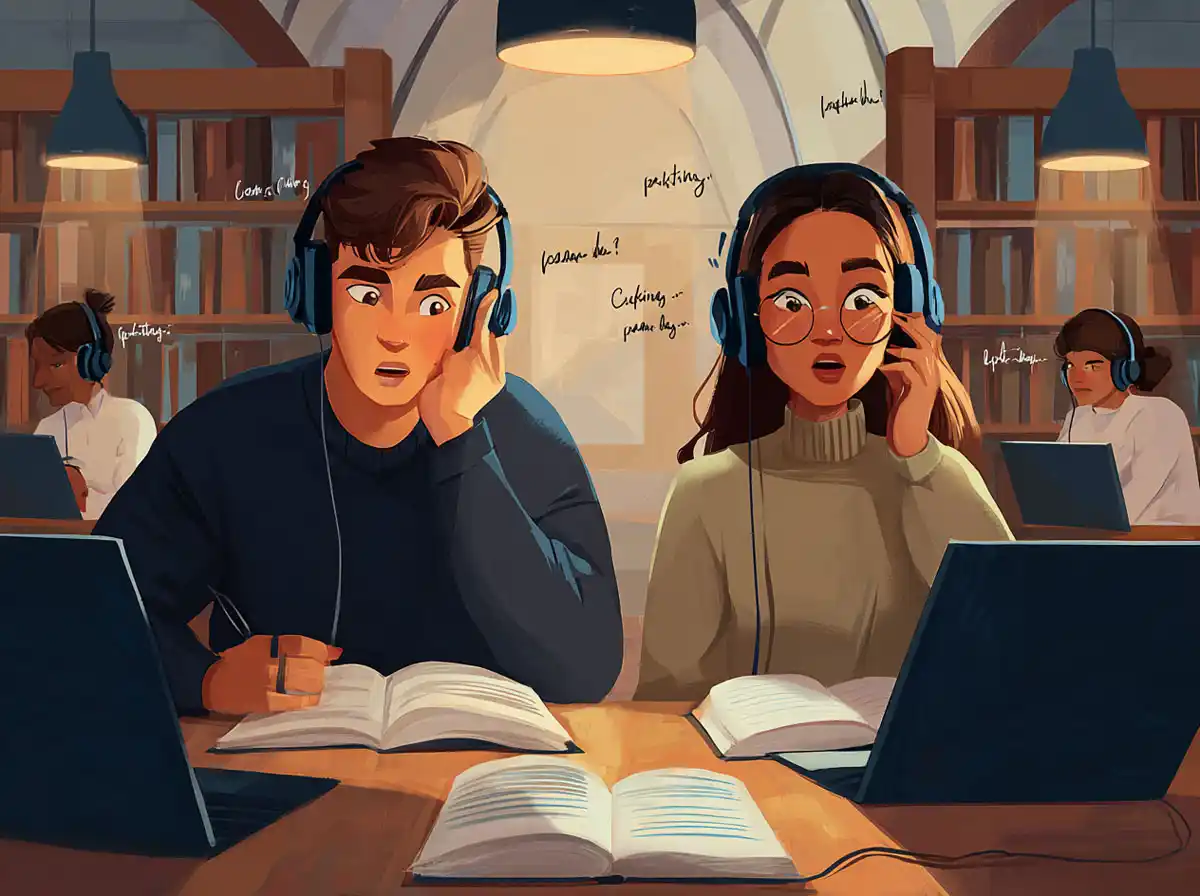Understanding the Morocco Arabic Language
What is Morocco Arabic Language (Darija)?
Morocco Arabic language, commonly referred to as Darija, is the spoken Arabic dialect used by millions in Morocco. Unlike Modern Standard Arabic (MSA), which is used in formal writing and media, Darija is the everyday language for informal communication. It incorporates influences from Berber, French, Spanish, and other languages, making it unique among Arabic dialects.
- Phonetics and Pronunciation: Darija has distinct sounds and pronunciation rules that differ significantly from MSA.
- Vocabulary: The dialect borrows extensively from Amazigh (Berber), French, and Spanish, reflecting Morocco’s diverse history.
- Grammar: While it follows the basic structure of Arabic grammar, Darija simplifies many grammatical rules compared to MSA.
The Cultural Significance of Morocco Arabic Language
Darija is more than just a dialect; it is a vital part of Moroccan identity. It shapes social interactions, traditions, and even popular media like music, television, and cinema. Understanding Morocco Arabic language allows learners to engage authentically with locals, appreciate Moroccan humor, and participate in cultural conversations that are inaccessible through formal Arabic alone.
The Historical Roots of Morocco Arabic Language
The Influence of Berber and Arabic
Before the Arab conquest in the 7th century, the indigenous Berber languages dominated the region. The introduction of Arabic through Islamic expansion led to the gradual fusion of Arabic with Berber languages, resulting in the formation of Darija. This blend is why Darija contains many Berber loanwords and phonetic patterns.
Colonial Impacts on the Dialect
Morocco’s colonial history under French and Spanish rule left a lasting imprint on Darija. French, in particular, remains a dominant language in education and government, and many French words have been adapted into everyday Darija speech. Similarly, Spanish influences are more prominent in northern Morocco.
Why Learn Morocco Arabic Language?
Practical Communication in Morocco
For travelers and expatriates, knowing Darija makes daily interactions smoother. From haggling in markets to understanding street signs and social etiquette, mastery of Darija enhances the experience of living or visiting Morocco.
Business and Professional Advantages
Morocco is an emerging economic hub in North Africa, with growing trade ties globally. Professionals proficient in Morocco Arabic language can navigate business contexts more effectively, build stronger relationships, and access local markets.
Access to Authentic Moroccan Culture
Understanding Darija opens up the world of Moroccan music, films, literature, and oral traditions that are rarely translated into other languages. It enriches cultural appreciation and fosters meaningful connections with Moroccan people.
Challenges of Learning Morocco Arabic Language
Differences from Modern Standard Arabic
Many Arabic learners start with MSA, only to find that Darija differs greatly, especially in pronunciation, vocabulary, and syntax. This can cause initial confusion but also highlights the importance of dedicated resources focused on Darija.
Limited Learning Materials
Compared to other Arabic dialects like Egyptian or Levantine Arabic, there are fewer textbooks and courses specifically for Morocco Arabic language. However, platforms like Talkpal are addressing this gap with modern and interactive learning tools.
Effective Strategies for Learning Morocco Arabic Language
Immersive Learning with Native Speakers
Engaging in conversations with native speakers is crucial. It helps learners grasp pronunciation, idiomatic expressions, and cultural nuances. Talkpal’s live conversation practice with Moroccan tutors is an excellent way to achieve this.
Utilizing Multimedia Resources
Watching Moroccan TV shows, listening to local music, and using language apps tailored for Darija enhance listening skills and vocabulary acquisition.
Consistent Practice and Repetition
Regular practice, including speaking, writing, and listening, solidifies knowledge. Using flashcards, language games, and daily practice sessions can accelerate fluency.
How Talkpal Facilitates Learning Morocco Arabic Language
Interactive and Personalized Lessons
Talkpal offers customized lessons that adapt to each learner’s pace and goals. The platform’s focus on conversational practice ensures practical language use rather than just theoretical knowledge.
Access to Native Moroccan Tutors
Learners can connect with native speakers who provide real-time feedback, cultural insights, and pronunciation correction, crucial for mastering Darija.
Engaging Learning Tools
Talkpal incorporates gamification, quizzes, and multimedia content to keep learners motivated and engaged. This approach helps reinforce vocabulary and grammar in an enjoyable way.
Flexible Learning Environment
With Talkpal, learners can study anytime, anywhere, fitting lessons into busy schedules without compromising quality.
Conclusion
Mastering the Morocco Arabic language opens up a world of opportunities, from enriched cultural experiences to professional advantages in a dynamic region. Despite its challenges, learning Darija is both rewarding and accessible with the right tools. Talkpal stands out as an effective platform, offering personalized, immersive, and enjoyable methods to help learners become confident speakers of Morocco Arabic language. Whether you are a traveler, business professional, or language enthusiast, embracing Darija through Talkpal will deepen your connection to Morocco and its vibrant culture.










